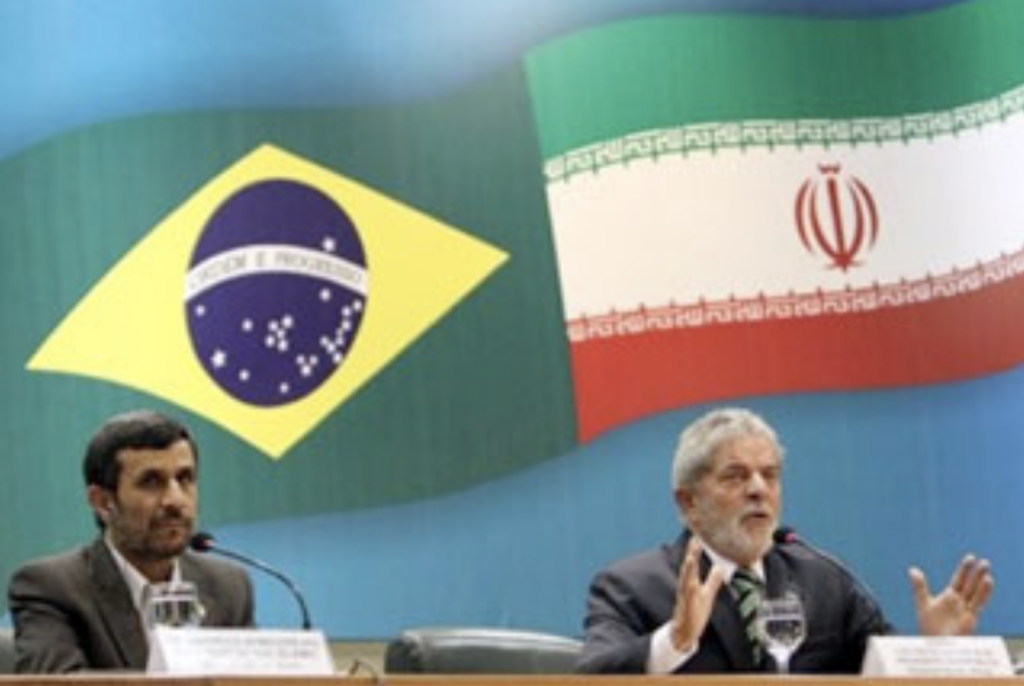

Starting with the Geisel government, Brazil increasingly sought to establish leadership among the Global South through increased bilateral relations as well as action in multilateral forums. During Lula’s presidency, his leftism and a stabilized democratic regime collaborated to boost Brazil’s actions in that direction. Multiple agreements were signed with other Global South countries, especially in South America where Brazil wanted to establish cooperation and stability, from which it would benefit economically while also opening up more alternative markets. Additionally, Brazil took a proactive stance in improving relations with other African nations, especially through the provision of aid in the form of technical assistance in the implementation of social programs like the ones Brazil was successfully creating. Also notable was the creation of the BRIC (later BRICS) block, which became a landmark in increased cooperation in leadership among developing countries as they sought their rightful place in the world order and to steer away from the domineering presence of established centers of power such as the United States. At the end of Lula’s 8 year tenure, it is fair to say that Brazil’s standing in international forums had greatly improved from the increased leadership and cooperation.
Readings
Marianne L. Wiesebron, “‘Política Externa Independente’, from Geisel to Lula” | English
Luiz Alberto Moniz Bandeira, “Brazil as a Regional Power and its Relations with the United States” | English
Michelle Morais de Sá e Silva, “Brazilian Foreign Policy and the Global South” | English
Document
Entrevista de Celso Amorim ao IPEA, 2010 | Link
English: Read article on Foreign Policy, 2009 | Link



